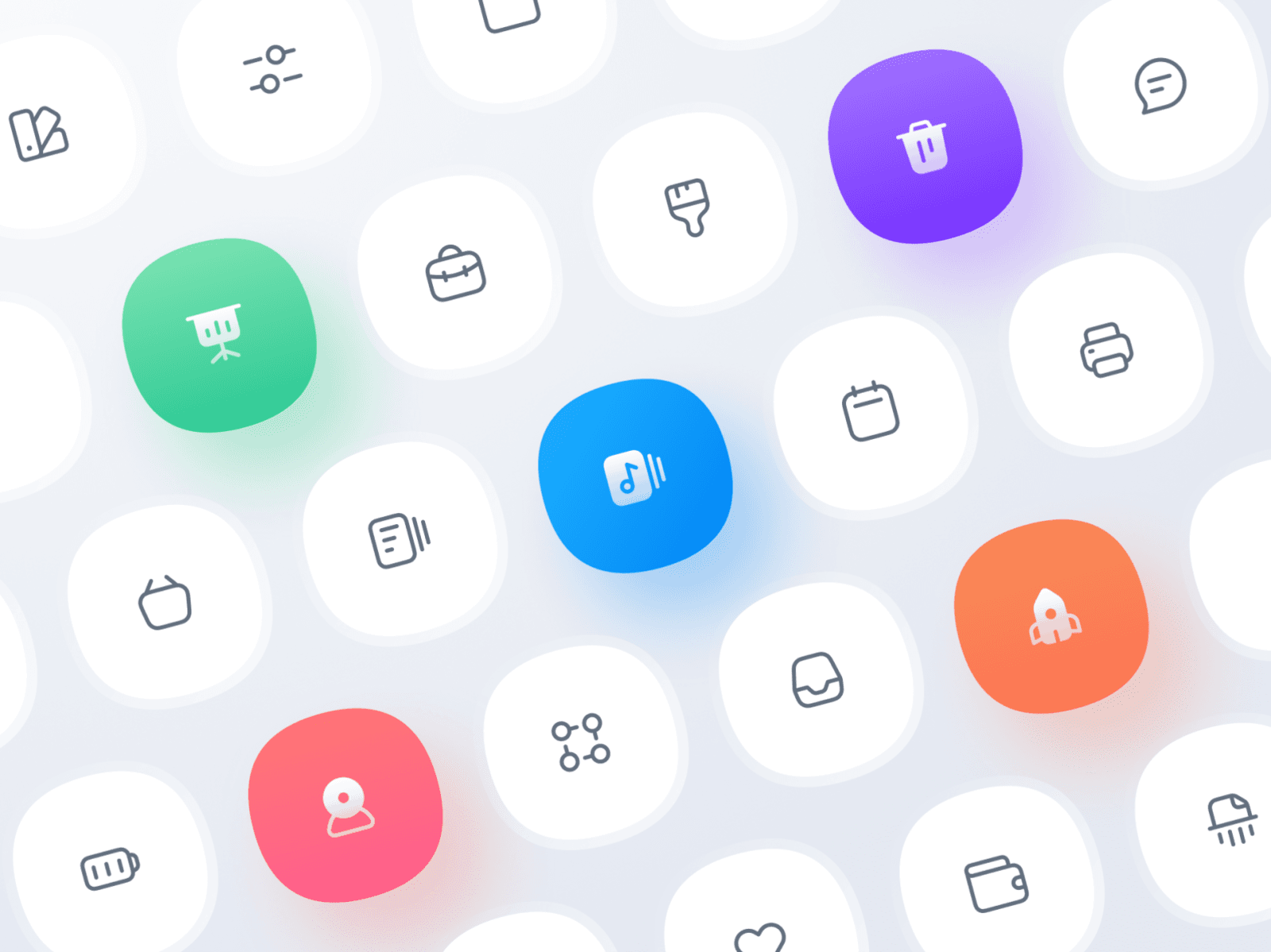Artificial Intelligence (AI) chatbots have become increasingly popular among businesses of all sizes, offering a way to engage customers in real time without the constraints of human availability. Small businesses, in particular, stand to benefit enormously from these tools, as they help level the playing field by providing instant, personalized, and cost-effective support that previously required a large customer service team. Through machine learning and natural language processing (NLP), AI chatbots are now capable of understanding complex questions, learning from interactions, and adapting their responses to specific contexts. This combination of speed, adaptability, and personalization makes them a valuable asset in today’s digital-first world.

Unpacking the Core Concept of AI Chatbots
AI chatbots differ significantly from their rule-based ancestors. Traditional chatbots relied on scripted responses and could not deviate from preset conversation paths, often leading to repetitive or irrelevant answers. By contrast, AI-driven bots use NLP to interpret user messages in a more human-like manner and machine learning to improve continuously. This means:
- They can learn and understand synonyms, slang, and variations in sentence structure.
- They leverage contextual cues to refine their answers over time.
- They reduce manual oversight by automatically adjusting their responses based on user behavior.
One crucial advantage is that AI chatbots handle repetitive tasks—like providing store hours or processing simple returns—thereby freeing up human staff for more complex issues. This is particularly beneficial for small businesses that need to keep operational costs low while maintaining a high standard of customer service.
The Technology Behind AI Chatbots
At the heart of AI chatbots is a set of algorithms that enable them to process language, detect intent, and formulate a response that closely matches user expectations. Natural language processing involves breaking down a sentence into its components—words, phrases, and grammar rules—to extract meaning. Machine learning models then analyze historical data, user feedback, and real-time interactions to refine how they respond in future conversations.
Many AI chatbot platforms offer intuitive interfaces that let businesses integrate the chatbot with their existing systems. These can include CRM platforms, e-commerce solutions, or email marketing tools. By connecting to these data sources, AI chatbots can pull relevant information—like a user’s purchase history—to deliver personalized responses. Furthermore, advanced machine learning techniques can predict user queries before they’re fully typed, offering real-time suggestions that speed up resolution and make the experience smoother.

Why AI Chatbots Provide Tangible Value
AI chatbots bring a level of responsiveness and consistency that manual teams often struggle to maintain. They work 24/7, eliminating long wait times and ensuring each interaction feels tailored to the user’s needs. According to various industry studies, adopting AI chatbots for customer support can lower operational costs by a significant margin, sometimes up to 30%, making them especially appealing for businesses with limited resources.
They also serve as an invaluable data collection tool. By analyzing questions or complaints logged through the chatbot, businesses can spot patterns in user behavior or common pain points. These insights can inform better product decisions, marketing campaigns, and overall strategic planning. In fact, AI chatbots can be configured to tag and categorize user inquiries, automatically generating analytics reports that shed light on trends and unmet consumer demands.
Small businesses often operate under constraints related to time and staff availability. AI chatbots effectively bridge these gaps. Rather than juggling multiple chat windows, staff can focus on exceptions that truly need a human touch. The end result is a more efficient workflow and a better experience for customers who appreciate getting quick, accurate answers any time of day.
Practical Applications in Different Industries
AI chatbots have demonstrated significant versatility across various sectors. In retail, they handle queries about shipping, returns, and product details while personalizing recommendations based on browsing history. In finance, they guide users through account services or loan applications, reducing wait times and improving user satisfaction. Healthcare practices employ chatbots to schedule appointments, send reminders, and even share basic health tips. Each industry capitalizes on the chatbot’s ability to collect real-time information, which can lead to more informed follow-ups and improved outcomes.
For small businesses, these applications streamline day-to-day operations while also fostering deeper customer relationships. For example, a local restaurant might deploy a chatbot to manage table reservations and provide menu updates, freeing staff to focus on in-person dining experiences. An online boutique might use a chatbot to suggest products based on the user’s purchase history and style preferences, ultimately boosting sales and customer loyalty.
Challenges and Considerations
While AI chatbots offer numerous advantages, they are not without challenges. Ensuring they understand complex questions or respond accurately to unusual scenarios requires robust training and consistent updates. The quality and volume of training data can significantly impact a chatbot’s performance, particularly when dealing with nuanced customer interactions. For small businesses, investing in a high-end AI chatbot platform can seem daunting, but many providers now offer cost-effective packages tailored to smaller budgets.
Data security and privacy are also key considerations. AI chatbots often handle sensitive information—like billing addresses or personal contact details—so robust encryption and compliance with data regulations are essential. Businesses should collaborate with chatbot vendors that prioritize security features and offer transparent data processing policies. Ensuring the chatbot is continuously monitored and tested will help maintain high levels of accuracy and trustworthiness.
Integrating AI Chatbots Into Your Business
A well-thought-out implementation strategy is vital for a seamless chatbot experience. Before deploying an AI chatbot, small businesses should define what they hope to achieve—be it reduced support tickets, higher lead conversion, or improved brand awareness. Clear, measurable goals guide the configuration process, from setting up the chatbot’s initial “playbook” of responses to integrating advanced features like sentiment analysis and CRM synchronization.
It’s equally important to let customers know they can still reach a human agent if needed. This fosters trust and ensures that users with complex issues aren’t trapped in never-ending automated loops. Many businesses integrate a “handoff” feature, enabling the chatbot to seamlessly route the conversation to a live representative when the user requests it or when the chatbot recognizes it’s out of its depth.
By taking these steps, small businesses can avoid common pitfalls and deliver an experience that feels genuinely beneficial to their customers. The result is a blend of automation and human support that maximizes efficiency and maintains a personal touch.
Future Outlook of AI Chatbots
AI chatbots are evolving rapidly as natural language processing becomes more sophisticated and machine learning models gain access to larger, more diverse datasets. Future iterations may:
- Demonstrate near-flawless language comprehension, including context, tone, and intent.
- Integrate with emerging technologies like voice assistants and augmented reality interfaces.
- Predict user needs and proactively offer solutions before the user even formulates a question.

These advancements open a world of possibilities for small businesses. AI chatbots are not merely a trend; they are poised to become a cornerstone of customer engagement strategies. As the technology matures, adopting a chatbot becomes less of a luxury and more of a necessity to remain competitive and relevant.
Conclusion
AI chatbots provide more than just automated question-and-answer sessions. They represent a strategic asset for small businesses seeking to expand reach, reduce operational costs, and offer a level of service that meets—or even exceeds—customer expectations. By leveraging advanced natural language processing and machine learning, AI chatbots learn from each interaction, refine their understanding of user needs, and consistently deliver timely, relevant responses.
This technology is increasingly accessible and can be integrated with various platforms to gather data, enhance marketing campaigns, and sharpen business strategies. Whether it’s improving conversion rates in an online shop or fielding everyday inquiries for a local service provider, AI chatbots offer a convenient, always-on solution that scales with the needs of your growing business. Embracing AI chatbots today paves the way for more efficient, personalized customer interactions and sets the stage for future innovations that will define how businesses communicate with their audience.
























